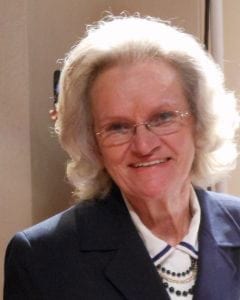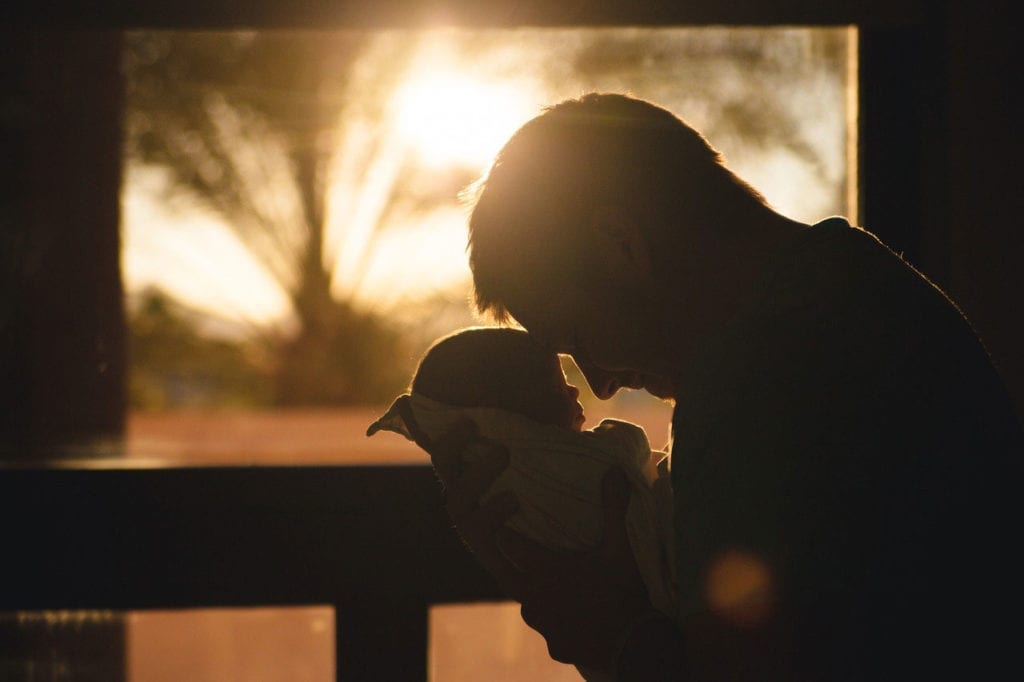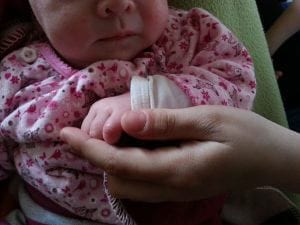When raising children, parents spent a lot of time discussing the challenges of child-rearing with others, reading articles and books, and wondering if we were doing the right thing in just about any given situation. Add the problems that come about when a child is going through tests, being left in hospitals, being taken care of by strangers, facing operations, going through operations and the recovery process from such, and parents can feel overwhelmed. It’s really hard to know if you are being too soft or too hard on them.
Our daughter Kelley was still young when she was in a hospital room with three other girls, one of whom constantly whined and complained. I hoped this attitude would not be adopted by Kelley, but it finally was. I walked into her room one afternoon, to be greeted by that kind of attitude from her as soon as I took off my coat and kissed her hello. I can be a very empathetic person, but I am of the belief that self-pity is destructive. It hampers recovery.
When someone had to deal with as many problems as Kelley, that kind of thinking had to be stopped. Just because I believed this, it did not make it easy for me to do what I knew I had to do. I started to put my coat back on and headed for the door saying, “I didn’t drive all the way in here today to visit with someone who was going to use up all their energy on whining, so I’ll go home. Maybe you’ll be in a better frame of mind when your Dad gets here tonight.”
“Wait,” she yelled as I reached the door, “I won’t do it anymore. Please stay.”
I was relieved! We worked on counting blessings.
It’s tempting to feel sorry for a child who has to go through extraordinary circumstances, to do things for them that they really could and should do for themselves, and to, in essence, spoil them. If you make excuses for poor behavior, they can become self-absorbed. But that’s not showing them love. Loving a child means you want the best for them. Feeling sorry for them only encourages them to feel sorry for themselves. Self-pity leads to self-destruction. That’s not good for anyone.
There were many times when I was tempted to do something for my daughter because it was hard for me to watch her struggle, but I knew that the satisfaction she would feel and the confidence she would gain from doing it for herself would help her to grow.
As an adult, Kelley was asked to be on a panel with other rare diseases adults at a rare disease conference to answer questions from anxious parents about their younger children. It still warms my heart when I remember the way our daughter responded to a question at the wrap-up of the session. One of the parents asked if there was one thing that she would say was most important. Kelley responded, “Just let them know that you love them. Knowing that my parents loved me unconditionally is what saw me through some difficult times.”
We’ve met many other rare disease families, and learned that some of the most courageous people are those with rare diseases. Their parents have helped them to cope and have showered with them with love, but not with pity. You don’t want to be around a person who is complaining all the time, but you don’t want them to pretend all is well when they have something that needs attention.
I always chuckled when one of Kelley’s doctors would ask how she was, and she responded, “Fine!” She was usually in pain when she said that, but she could talk about that after she asked the doctor, “How are you?”
 About the Author: Denise Crompton and her husband Bob, raised four children, the oldest of whom, Kelley, had the rare disease of Mucolipidosis 3. The many years that they spent caring for Kelley prompted Denise to write two books. Kelley’s Journey: Facing a Rare Disease with Courage chronicles their own daughter’s experiences. Diagnosis: Rare Disease includes some of the experiences of 12 more families, and was written to help raise awareness of all that is involved in living with rare conditions. All of Denise’s royalties go toward rare disease research. The Cromptons live in New Hampshire, where they spend their retirement years enjoying their many grandchildren, while still reaching out to help families with rare diseases.
About the Author: Denise Crompton and her husband Bob, raised four children, the oldest of whom, Kelley, had the rare disease of Mucolipidosis 3. The many years that they spent caring for Kelley prompted Denise to write two books. Kelley’s Journey: Facing a Rare Disease with Courage chronicles their own daughter’s experiences. Diagnosis: Rare Disease includes some of the experiences of 12 more families, and was written to help raise awareness of all that is involved in living with rare conditions. All of Denise’s royalties go toward rare disease research. The Cromptons live in New Hampshire, where they spend their retirement years enjoying their many grandchildren, while still reaching out to help families with rare diseases.






